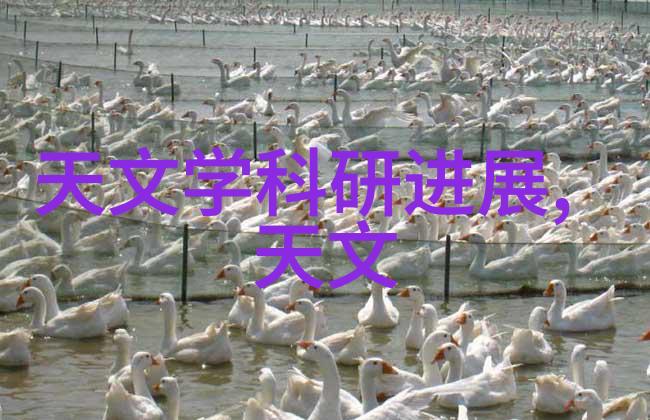随着2011年国家发改委公布的《中国淘汰白炽灯路线图》的实施,从2016年10月1日起,15瓦及以上普通照明用白炽灯被禁止销售和进口。这种转变,为何会让LED灯成为市场上的新宠?北京晨报记者深入采访了解。

LED lamps have become the mainstream in the market, while energy-saving lamps occupy less than 10%. According to Song Xin, general manager of Wanlun Huiyang Lighting Co., Ltd., LED technology has matured and offers advantages in quality, energy efficiency, and environmental protection. The product lifespan is also longer, with prices comparable to those of energy-saving lamps.
The use of LEDs has become widespread in both residential and commercial settings. "Modern simplicity" and "flower lamp" designs are particularly popular among consumers.

Many industry insiders believe that LED lighting will continue to dominate the market due to its technological advancements. As a result, traditional lighting manufacturers are shifting their focus towards research and development.
In addition to technological innovation, going public is another strategy adopted by many companies. In August this year, Opple Lighting became the first company in the industry to list on the Shanghai Stock Exchange (SSE), attracting significant attention from investors.

Song Xin believes that going public not only provides financing but also helps increase consumer awareness of brands. It allows enterprises to showcase their products and services under public scrutiny, leading to better quality control.
However, increased competition is putting pressure on smaller businesses. As more companies enter the market with similar products at competitive prices, it becomes increasingly difficult for non-mainstream brands to survive.

While online shopping platforms have had an impact on sales figures during major holidays like Singles' Day (November 11th), experts agree that this influence is waning as consumers place greater emphasis on product quality rather than price alone.
As a result of these factors combined with external pressures such as raw material cost increases and intensified competition within markets for standard goods such as furniture or building materials - which make them easier targets for online retailers - thousands of lighting companies shut down annually despite growing demand overall.

"The impact [of e-commerce] was quite significant," said one representative from Opple Lighting's European division when asked about last year's holiday season sales numbers compared against previous years'. However they noted that consumer preference towards established brand names remains high.
Accordingly some argue that brick-and-mortar stores offer distinct advantages over internet-based sellers when it comes time for post-purchase service support or maintenance needs.
"We've noticed [the force] diminishing somewhat," claimed Song Xin regarding e-commerce's influence.
Consumers are now prioritizing product quality over price point during purchases.
It seems inevitable then that enterprises must consider integrating into digital retail platforms themselves if they wish maintain relevance within a rapidly evolving marketplace where customers increasingly favor experiences-driven consumption behaviors.
As such lighting markets seem destined for further transformation toward high-end customization; personalization; smart home solutions along with enhanced aesthetic appeal & functionality.
And so amid an era marked by electrifying growth & change what role might water resources engineers play?



